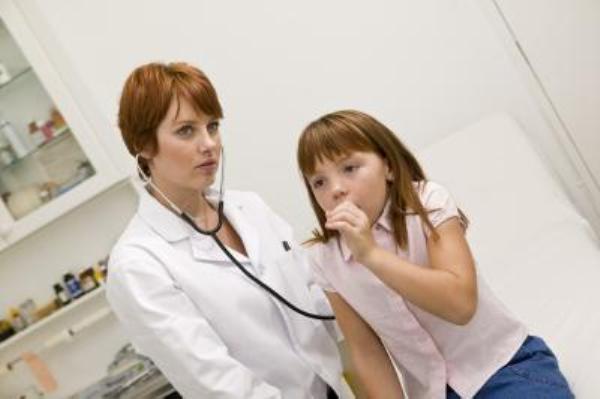
Children are always considered very fragile and their health is easily trapped under the vicinity of infections. Therefore, they are the most easiest and approachable target by the germs and bacteria. Many parents might easily get worried whenever their child falls sick. It is obvious because of unhealthy state of body that can also affect the other vital activities such as normal growth of the body (especially for growing children), disturbed mental state due to excessive irritation, and many more. The condition of illness is never an enjoyable phase by the person, mainly for children, as they just find themselves enable to concentrate on all daily activities. Ultimately, they show disinterest even during playtime. It is completely true that one should be little careful and follow extra preventions to keep a distance from diseases. However, this thing does not hold true in the case of kids. As a result, they easily catch infections and allergies. Cold and cough is one of the most common infections found in children. Several medications of these diseases are available in shops. However, every time these medications are not beneficial and not so very effective for longer time. Here is a description of some facts about these medications.
1. Fever reducer / pain relievers
Generally, medicines having aspirin component are considered to be the best medicine for pain relief and fever treatment. However, it is strictly not recommended for children below 18 years, as it may cause Reye’s syndrome disease. Acetaminophen and Ibuprofen are two major categories under pain relief medicines whereas acetaminophen is specifically advised to infants who are at least 2 months old. On the other side, Ibuprofen is safe to use in the case of children (minimum 6 months old). Ibuprofen is not recommended if your child feels slight stomach ache after its consumption. However, to avoid any risk of side effects, you should consult the pediatrician or child specialist for necessary information such as dose schedule and prevention.
2. Decongestants
Normally, decongestants that are also known as pseudoephedrine are very less effective in case of child illness. This medicine category is also known for causing side effects such as irritation, agitation, and nervous breakdown. In short, they are just not significant for the cure of viral infections like cold and cough.
3. Antihistamines
Medicines under antihistamine domain mainly function in the case of allergies and allergic conditions inside human body. Usually, if your child complains about itching on skin, this particular medicine group is suggested. Some of the common medicines under this category are-Benadryl and Claritin. However, tests and studies have reported that antihistamine turns inactive if your child suffers from cold. In fact, it causes irritation, agitation and poor sleep tendency in your children. It is strictly banned for children below 4 years age and older kids should be given only when prescribed by the doctor.
4. Antibiotics
In most of the ill health cases, people directly prefer to take antibiotic doses for quick recovery from any kind of disease or infection. The efficacy of antibiotics just cannot be seen in case of viral infections such as cold and cough. Generally, parents insist their doctors to prescribe more and more antibiotics for quick relief from sickness. However, heavy doses of antibiotics may even cause severe damage to body’s internal health at times. Therefore, you should not make your child feed antibiotics if they are diagnosed with viral illness.
5. Cough medications
The coughing process is in fact a natural process governed by human body itself. The coughing mainly cleans out all the accumulations in the human lungs passage. Therefore, it is expected to occur at some interval of time. Cough does not require any specific medication. However, if your child is coughing and the problem remains for longer time, then you should consult your family doctor then only any cough suppressants should be consumed. Otherwise, it may lead to serious health problems. Expectorants are only helpful if cough results into secretion of large amount of mucous.
6. Medication against vomiting and diarrhea
Diarrhea and vomiting are two of the most frightful symptoms seen in small children. Naturally, vomiting and diarrhea occurs in order to remove all germs out of the body. It is a natural phenomenon happening inside the body. Therefore, medication is highly not recommended. Still if medication is being done, then you should be careful that medicine should not have any composition of aspirin. The aspirin component is very hazardous for child’s health. Most importantly, make sure that your child should not reach the dehydrated state during medication. Therefore, to maintain the controlled balance of body fluid, continuous consumption of water is required by your child.
Via: Coldflu




